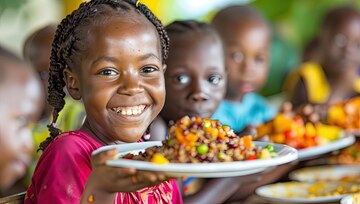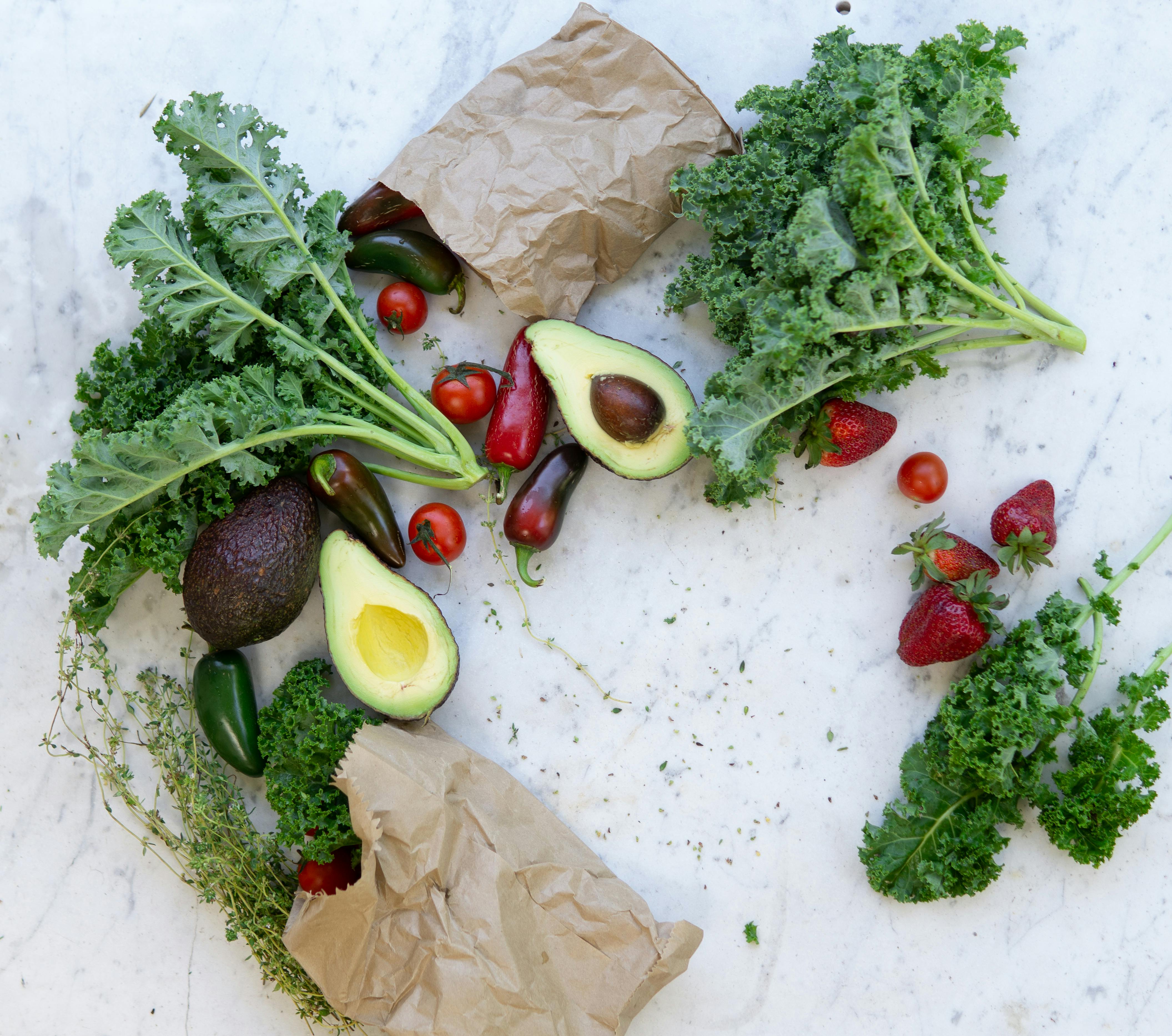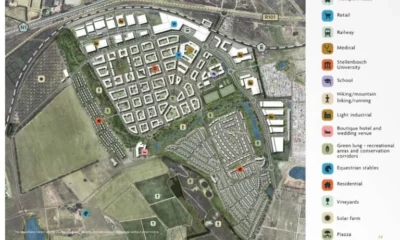Business
Africa’s G20 Summit: Why School Meals Matter More Than Ever in 2025

Feeding children isn’t charity – it’s infrastructure for the future.
When Johannesburg plays host to the G20 Leaders’ Summit in November 2025, the world’s most powerful economies won’t be the only ones in the spotlight. Africa’s loudest and most urgent voice may come from its hungriest citizens: the schoolchildren.
Across the continent, school meal programmes are being framed not just as charity, but as strategy – a lifeline that nourishes not just bellies, but economies, education systems, and futures.
Full stomachs, full minds
Speaking at the International Symposium on Global Justice and Africa’s G20 Priorities held at UCT this week, Catholic activist Mahadi Buthelezi said it best:
“We cannot teach a hungry child. Full stomachs build full minds.”
Buthelezi’s call – for a universal school feeding programme across Africa – echoed across the room. The message was clear: if Africa’s children are to thrive, especially in rural and drought-stricken areas, they need more than pencils and paper – they need plates of food.
Drought, poverty, and the children left behind
The scale of the problem is staggering. In Zimbabwe, droughts have left more than 1.8 million schoolchildren food-insecure. Yet the government could only extend feeding programmes to 20 out of 61 districts, according to Caritas Zimbabwe’s Harrington Chuma.
That’s just 23% of primary schools reached. The remaining 77%? Left to fend for themselves.
This imbalance is not unique to Zimbabwe. In countries across Africa, school feeding depends heavily on donor funding, inconsistent national budgets, and procurement systems vulnerable to corruption.
Local voices, lived experience
Delegates from Mpumalanga brought it home.
Xolile Mkhatshwa, from Nkomazi Municipality, shared how drought dried up both water sources and opportunities.
“Our rivers are dry until now… We’re years away from 2030, and we’re nowhere near our sustainable goals.”
Boitumelo Maila didn’t mince words about government food tenders:
“If the tenderpreneurs aren’t paid, our kids don’t eat.”
Her frustration spoke to a deeper issue: how political contracts often fail the children they’re supposed to serve. The call for community-based food production – where food is grown and prepared locally – is gaining momentum as a safer, more sustainable model.

Image 1: Pexels
A homegrown solution
Bishop Thulani Mbuyisa reminded delegates of African traditions of self-reliance and small-scale farming.
“We’ve abandoned some of the ways we inherited from our ancestors… Let’s grow our own food.”
In places like Kenya, Zambia, and Zimbabwe, school gardens and local farms are already helping schools become more resilient – and less dependent on broken systems.
From aid to investment
Global policy experts like Abiola Afolayan from Bread for the World are calling for more than sympathy – they’re calling for continental commitment. That means:
-
Putting school feeding into national budgets
-
Involving finance ministers and youth leaders
-
Setting clear deadlines across African Union member states
These programmes align with multiple Sustainable Development Goals: from ending hunger to boosting education, from creating jobs to reducing inequality.
Why this G20 matters
The upcoming G20 Summit in Johannesburg (22–23 November 2025) offers Africa a rare platform – not just to ask for help, but to lead.
And what better starting point than feeding its children?
Because in 2025, food isn’t just a right – it’s a reason to act.
Also read: South Africa Posts First Back-to-Back Budget Surplus in 16 Years
Follow Joburg ETC on Facebook, Twitter , TikTok and Instagram
For more News in Johannesburg, visit joburgetc.com
Source: Daily Maverick
Featured Image: Freepik



























